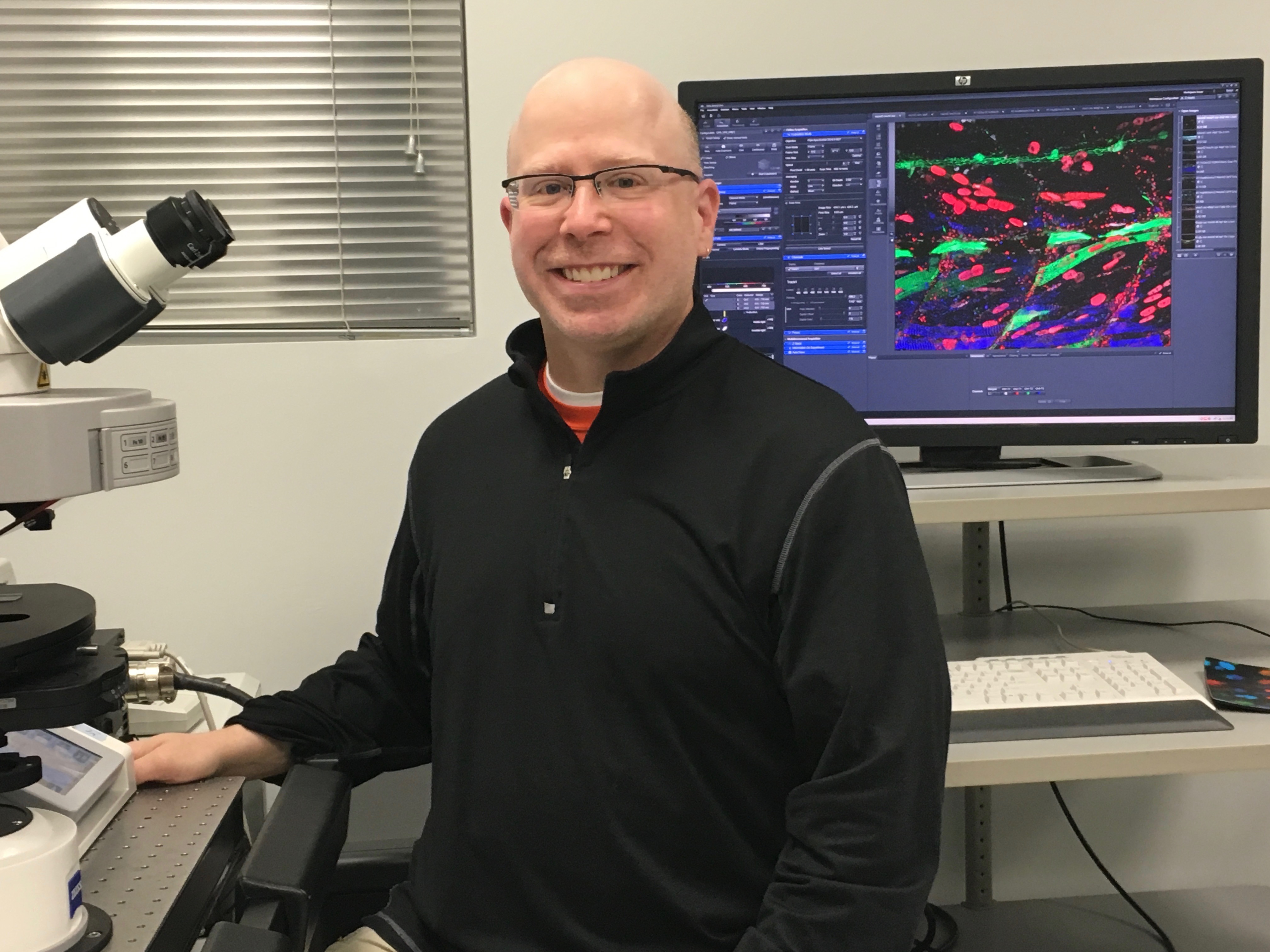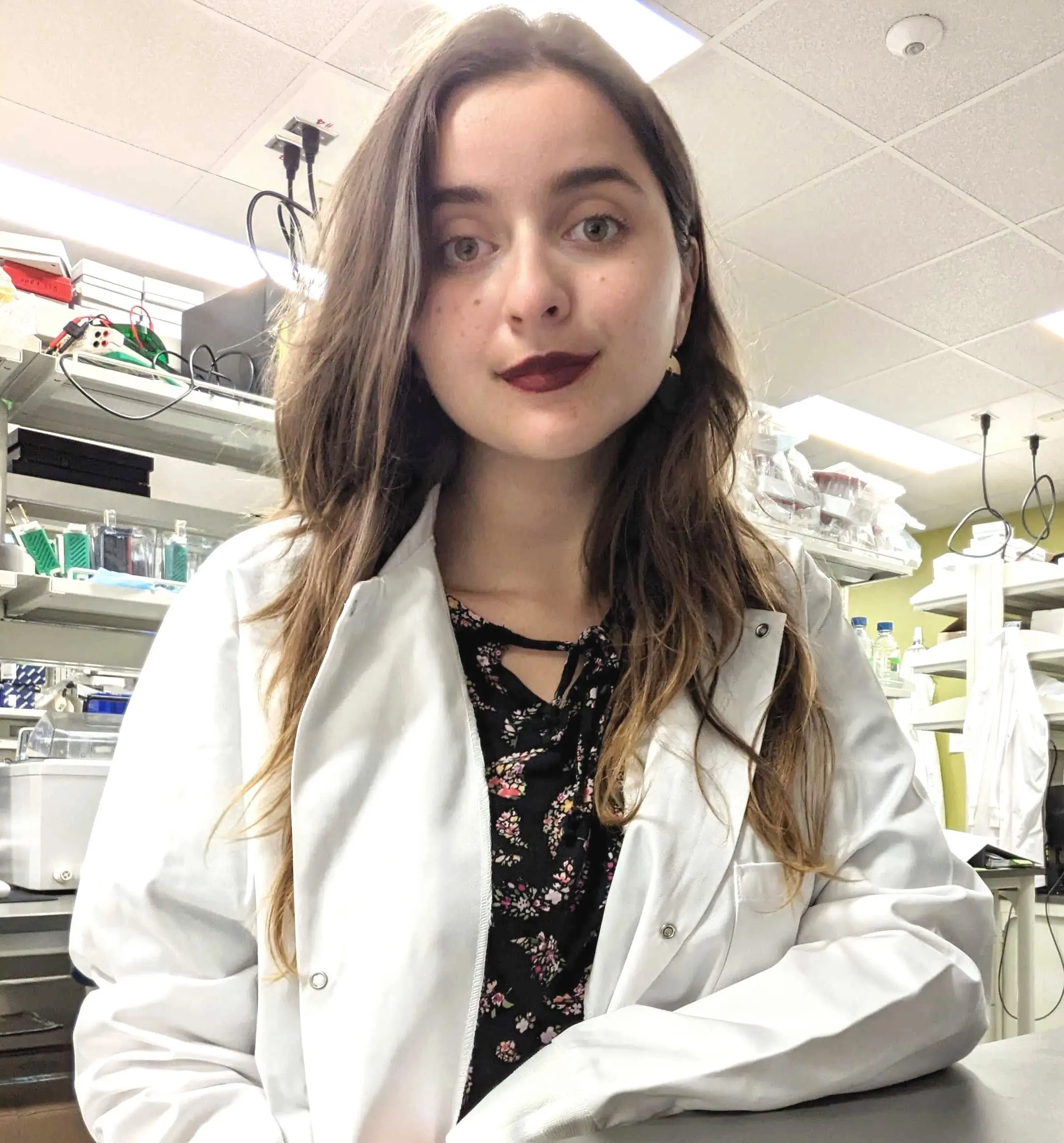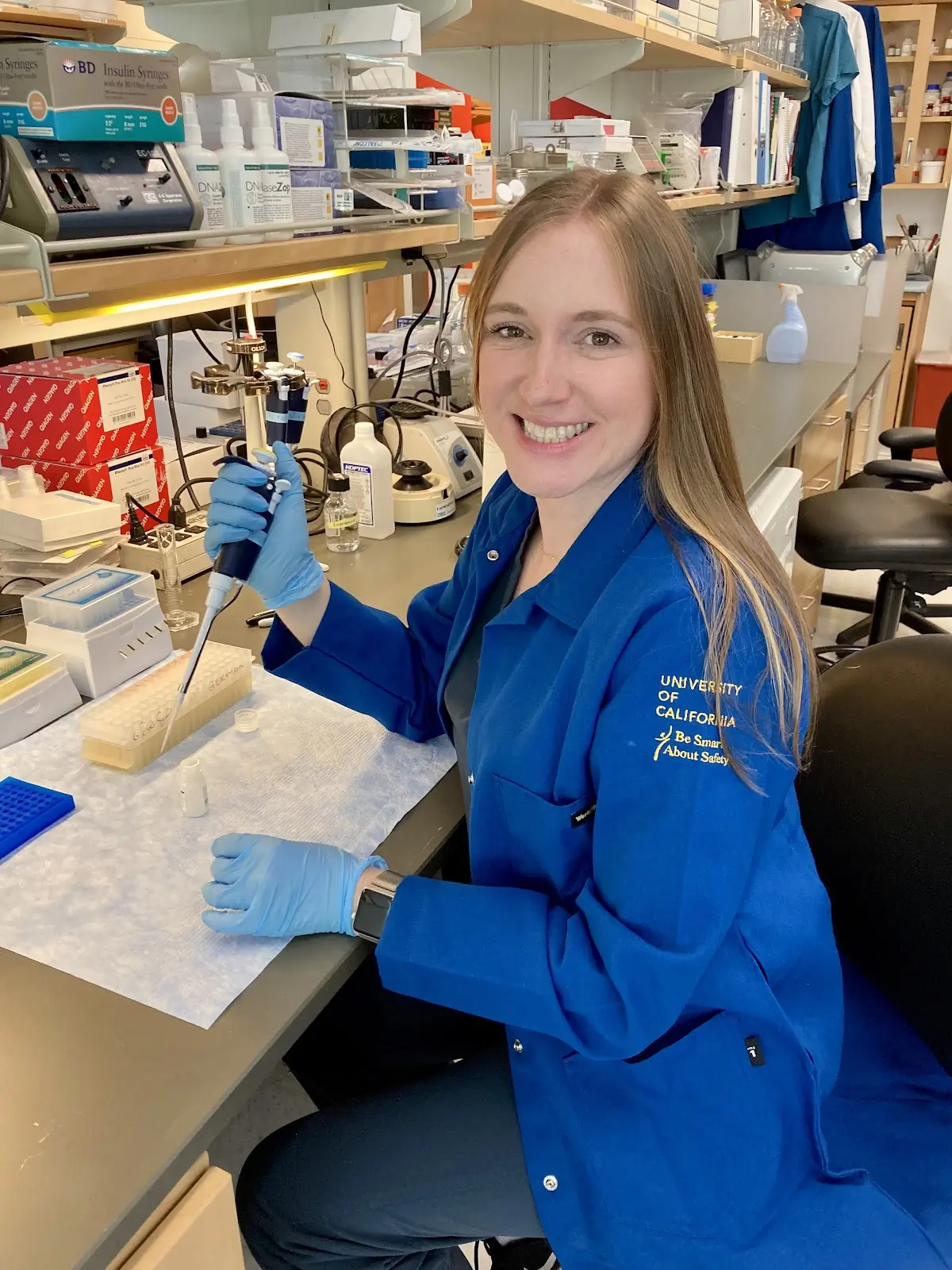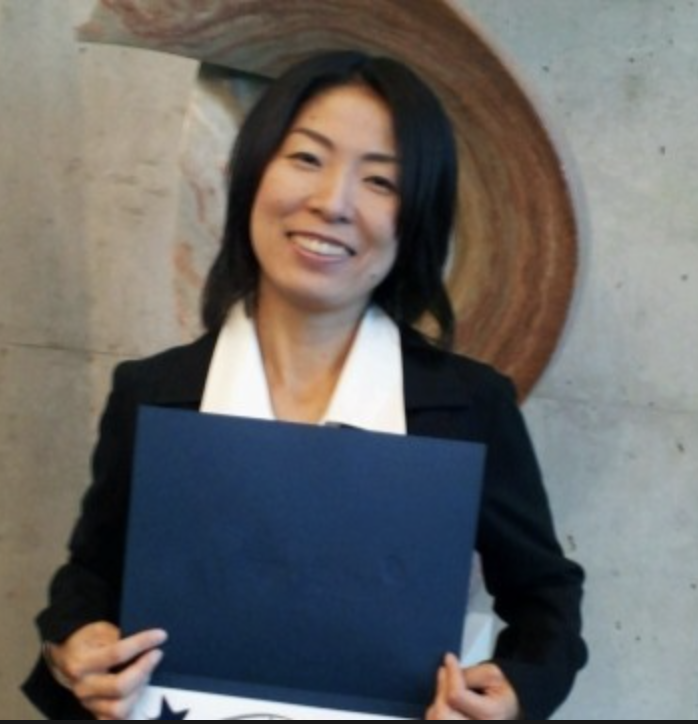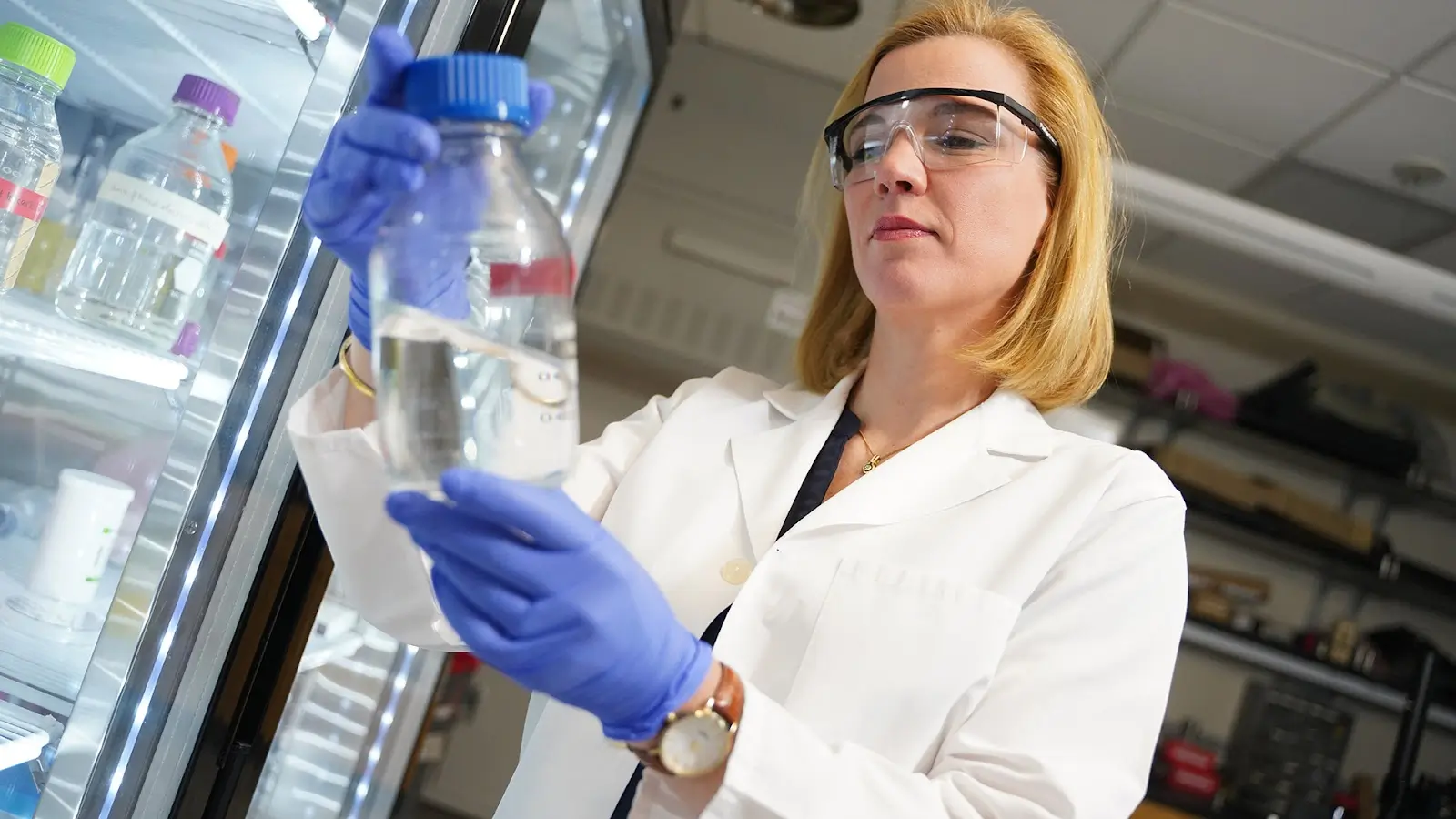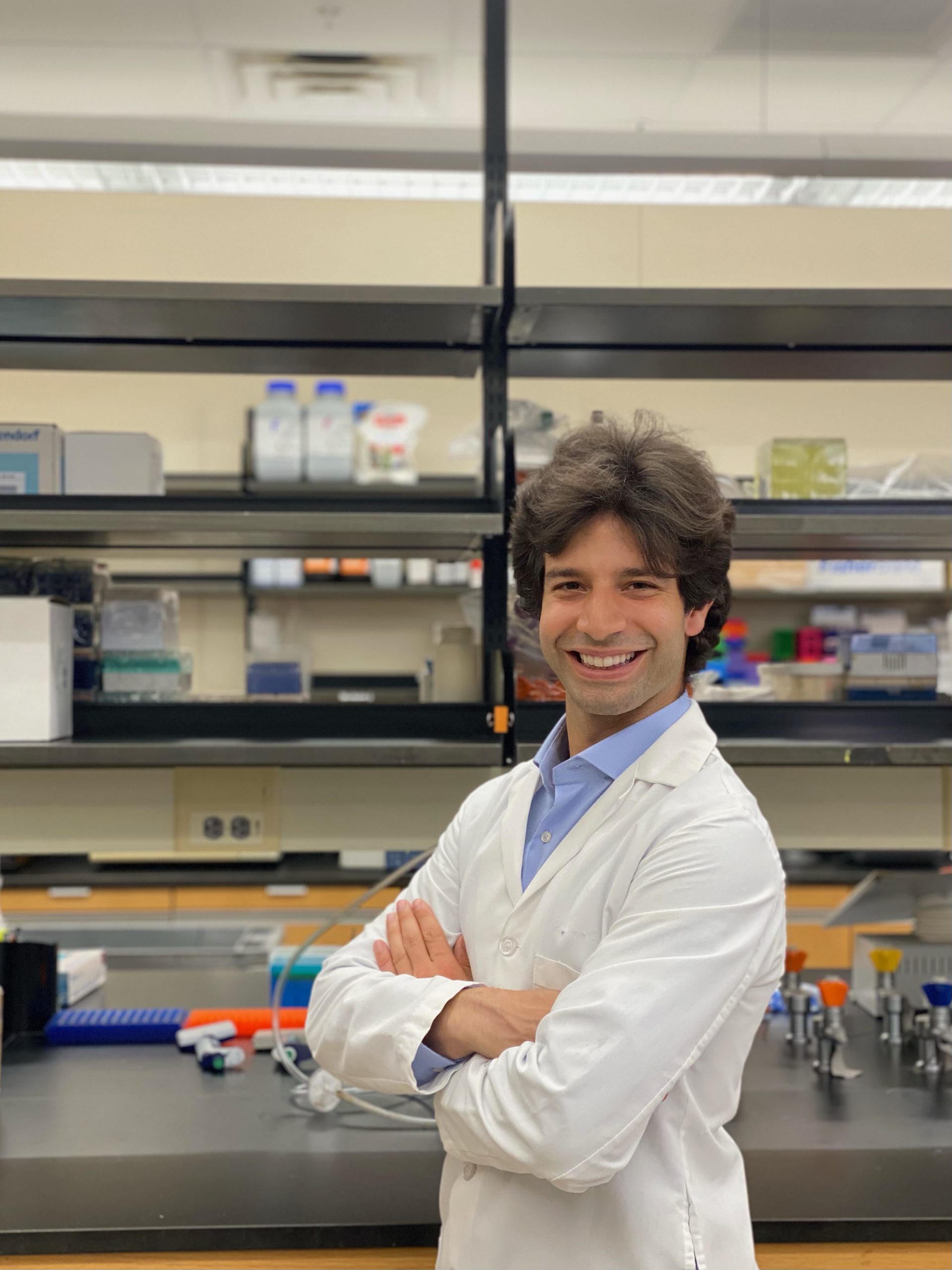Final Project Report
This has been a great learning experience for all of us and I wanted to take a moment to thank you for your support through the DRC. Without your support, this type of risky work would not have been possible and we would still be at the starting line wondering if this approach is even possible. So thank you again for all your support and your support of the DRC. And hang on for my updates as we move this work towards publication!
Read Other Project Updates Here
Project Description
A cure for diabetes will require replacing the insulin-producing beta-cells that have been lost in this disease. Replacing these lost cells in patients with diabetes can be achieved through transplantation of donor beta-cells, allowing recipients to live their life free from daily insulin injections. While promising, the major challenge now lies in finding a source of replacement beta-cells to treat the millions with diabetes.
Our lab has recently discovered a way to reprogram cells to become a completely unrelated cell type without having to remove them from the body. This discovery may allow us to generate new, replacement beta-cells directly in people with diabetes and bypass the safety issues associated with other approaches currently being investigated.
The prevailing approach that many researchers are taking to help produce more donor beta-cells is to generate them from cultured stem cells. But many safety concerns still need to be addressed, including the tumor-forming potential of these cultured cells and their rejection by the recipient’s immune system. Recognizing these concerns, researchers are exploring the use of encapsulation devices to prevent transplanted cells from leaking into the body. However, using devices to encapsulate cells raises new issues including device efficacy, durability and implantation site scarring.
Given the concerns associated with the transplantation of cells cultured from stem cells, our lab sought a completely different approach to generate replacement beta-cells. Using our knowledge of how cell identity, particularly pancreas cells, is genetically programmed and our new theory of cell identity regulation, we recently devised a method to reprogram completely unrelated cells into cells that can normally go on to form beta-cells. With this breakthrough, we believe we have made a substantial advance towards converting nearly any cell type of our choice into replacement beta-cells, without having to remove them from a patient’s body.
Efforts to reprogram the identity of cells without removing them from the body (in vivo) have been restricted to converting cells that are already closely related to beta-cells. However, these cells come from tissue like the pancreas and liver that may already be stressed in diabetics, making their use potentially harmful to the patient. Instead of targeting these cells, our discovery suggests that it may be possible to directly generate replacement beta-cells from more abundant and nonessential cells, such as fat, skin, and muscle cells, and potentially from immune privileged tissues within a patient’s body. This approach would bypass the need for potentially harmful cultured cells, invasive surgeries, bulky encapsulation devices, and immunosuppressants.
To make in vivo cell lineage reprogramming practical and safe, we aim to expand the types of cells that can be converted into beta-cells. Our vision is to reprogram a small subset of cells directly into beta-cells from select, nonvital tissues throughout the body without disrupting the normal functions of that tissue. We have now overcome a major limitation of in vivo cell lineage reprogramming by converting completely unrelated cells into cells that can go on to form beta- cells. It is now imperative that we continue to push and further guide our in vivo induced naïve cells into functional beta-cells. With your support, we will be able to accelerate our proof of concept studies to determine the feasibility of using in vivo cell lineage reprogramming to generate a vast new supply of replacement beta-cells.

